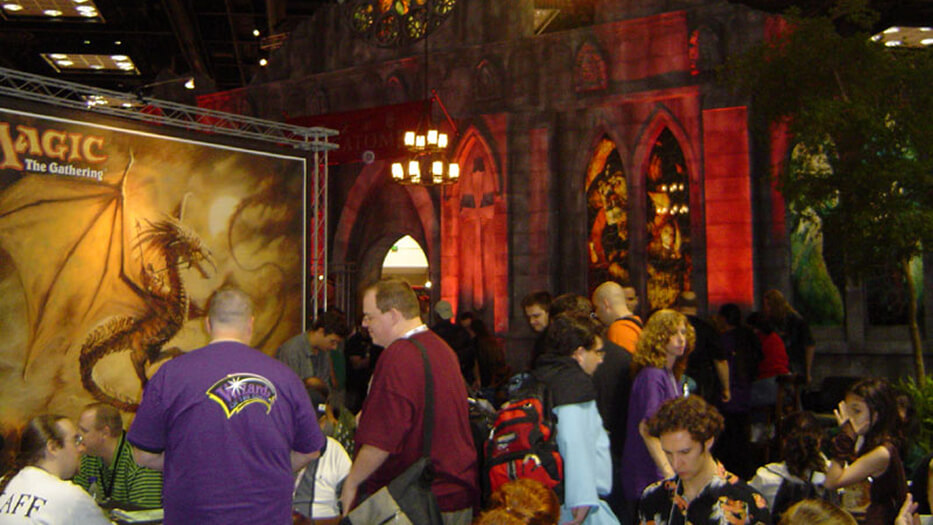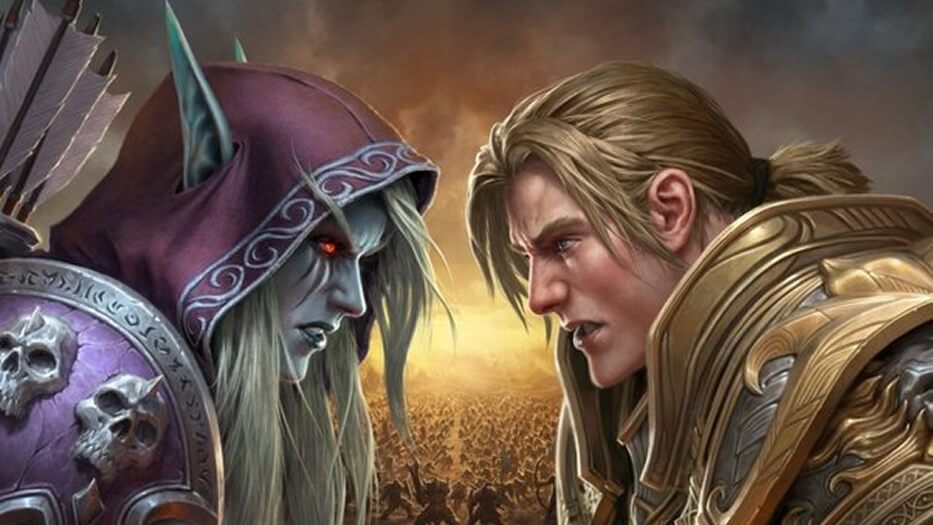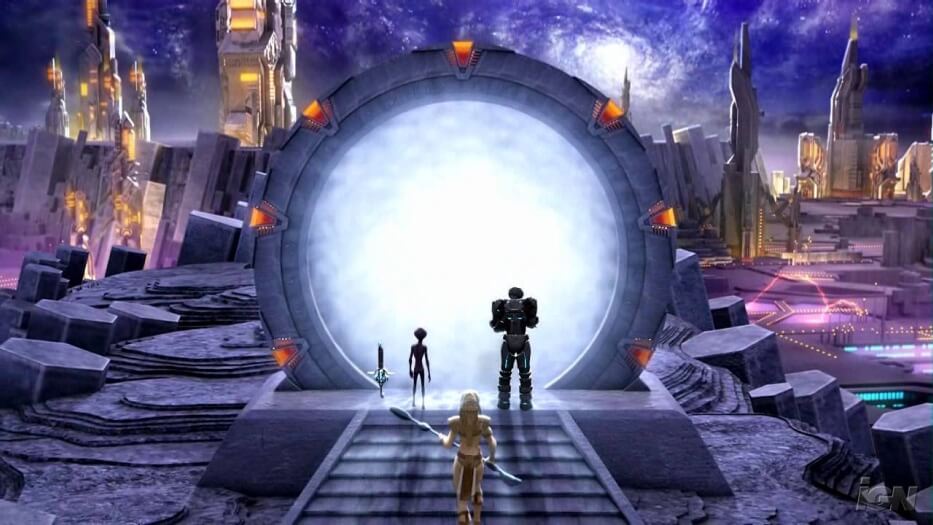Dungeons & Dragons Online Interview
Originally conducted at GenCon 2005 with Alex Rodberg (Product Marketing Manager) and Dave Eckleberry (Senior Games System Designer)
As Turbine Entertainment prepares to launch their ambitious MMO adaptation of the world's most famous tabletop roleplaying game, anticipation continues to build within both the MMO and D&D communities. Dungeons & Dragons Online promises to bring the authentic D&D experience to the digital realm, complete with detailed character customization, tactical combat, and rich storytelling. At GenCon 2005, we sat down with Alex Rodberg and Dave Eckleberry to discuss their innovative approaches to translating the tabletop experience into an MMO, including their unique advancement system and the massive city of Stormreach that will serve as players' home base.
Grimwell: DDO will be an instance-driven game, with players gathering in the city to rally before an adventure. How is Turbine planning to serve (hardware) this to prevent lag due to overcrowding during primetime?
Alex Rodberg: Stormreach is the biggest city ever seen in an MMO to date. It has 7 wards, each of which is larger than any previous city in an MMO. There is a lot of content in each ward for adventures, and there will be multiple iterations of all the wards on each server. Our servers and network architecture are state-of-the-art and specifically designed to handle this play model.
GamerGod: Recently it was announced that "advancement moments" will co-exist with the traditional D&D level system to heighten the sense of advancement for players. How will this work?
Dave Eckleberry: I proposed the advancement moment system, and it went through WotC for approval. Basically, this system gives short term or passive boosts to skills and abilities. Example: Giving a fighter a boost that gives +4 to hit for 15 seconds.
The levels will be broken up into four ranks each, so a character will progress from 'Third Level, Rank One' to 'Third Level, Rank Two' and so on as they gain experience. As this happens, they will open up potential abilities to activate via Action Points.
Four enhancements can be acquired at one time. Players can choose new and different enhancements, as they gain in levels and experience. This allows us to make the enhancements more impressive. For example, an action point can be spent to reduce the cost of empowered spells for high level mages.
Most of these benefits are based on class; a few are based on race. This matches the WotC race books and notion that race benefits do not end at level 1. Some examples would include Warforged getting better immunities, Elves getting improvements for the bow (racial weapon), and so forth.
GamerGod: Can you tell us more about how the advancement system will work at higher levels?
Dave Eckleberry: The advancement system is designed to provide meaningful progression throughout a character's career. Each rank within a level offers new opportunities for customization through the Action Point system, allowing players to continuously evolve their characters even as they approach the level cap.
GamerGod: What role will artifacts play in character advancement?
Alex Rodberg: Artifact items will be a significant part of character progression, but we're carefully balancing their implementation to ensure they enhance rather than overshadow the core advancement systems. We want these items to feel special while maintaining the game's overall balance.
GamerGod: How are you approaching solo content in what's traditionally been a group-focused game?
Alex Rodberg: While DDO is designed primarily as a group experience, we understand that players sometimes want to progress on their own. We're implementing solo-friendly content that maintains the spirit of D&D while being accessible to individual players. However, the most challenging and rewarding content will still require group coordination and strategy.





